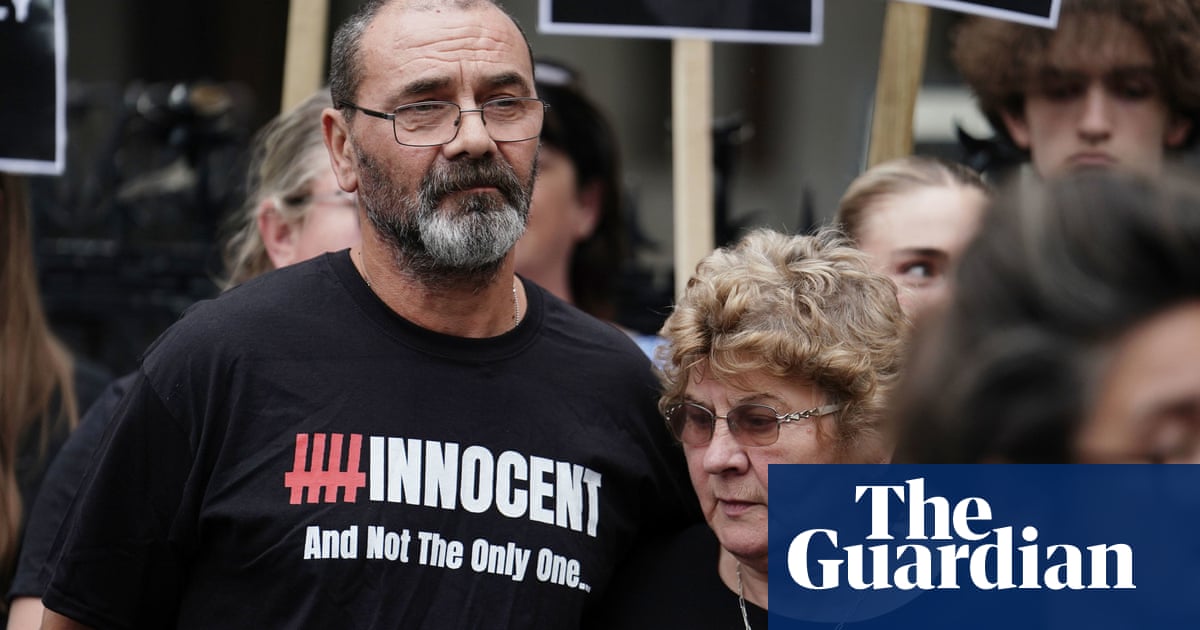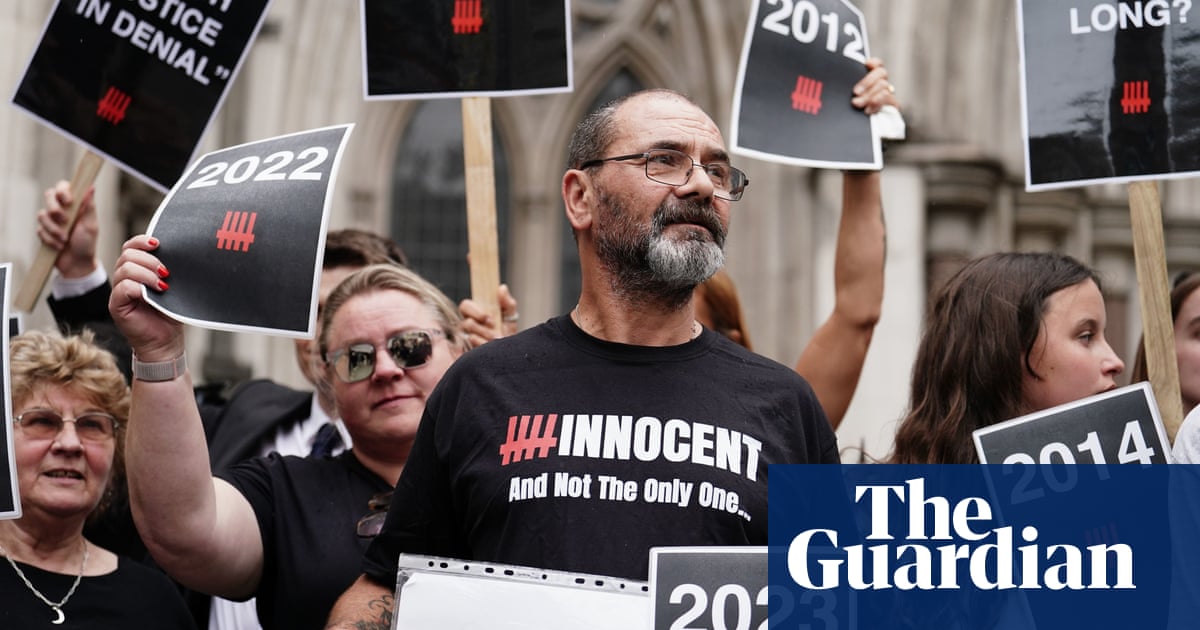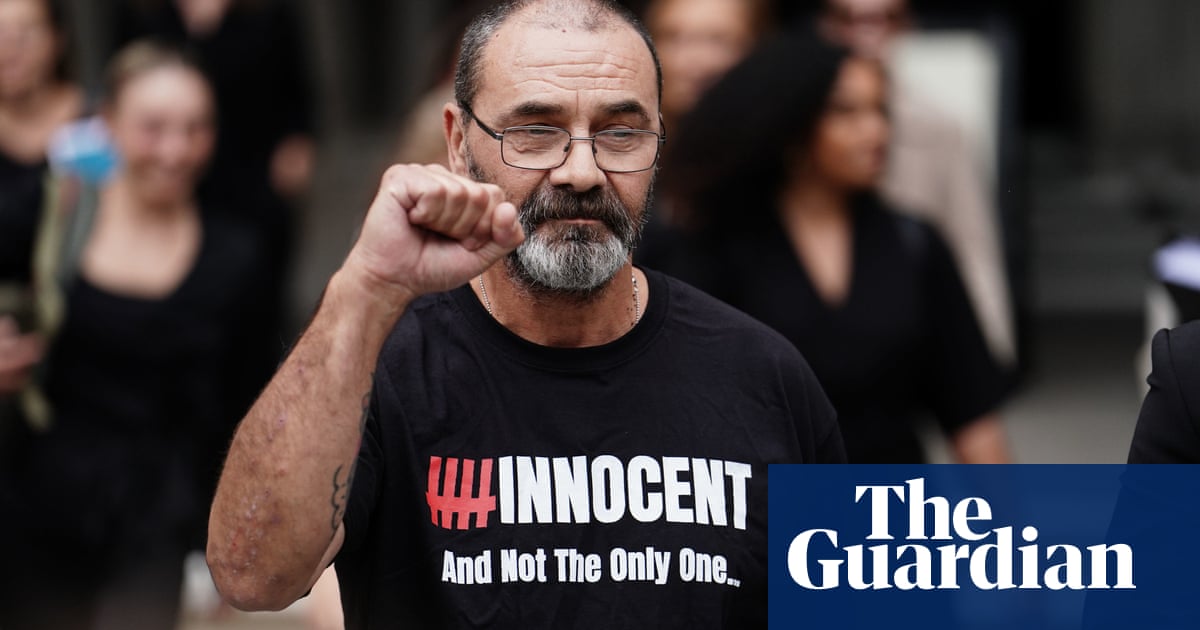I think only a tiny, tiny minority of those in the organisations who convict criminals are definitively corrupt, but I believe a culture has evolved where results, statistics and finances are everything.
I believe because of this often, what becomes important is that someone is convicted of a crime, rather than the right person.
Which is why you get scenarios like the tragedy of Andrew Malkinson, where despite very convincing evidence that he was innocent those prosecuting don't want to waste time and resources and proceed despite knowing there is ample reason to doubt his guilt.




